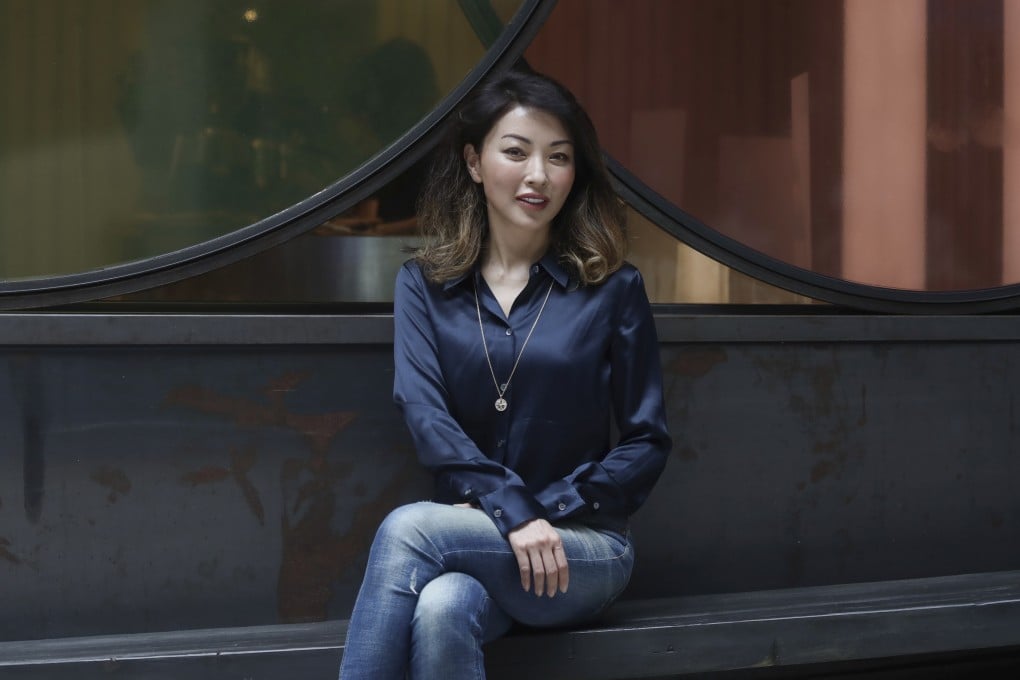Profile | She wrote a book on women’s workplace challenges after her own personal struggles – Hong Kong-based Korean lawyer Jaclyn Jhin
- The new CEO of Asian Charity Services, Jaclyn Jhin juggled an overbearing mother-in-law and later a tough divorce and custody battle with building a career
- She published Sisterhood in the Workplace in 2019, and mentored women through work and The Women’s Foundation. Now she helps other NGOs be more effective

I was born in Seoul, South Korea, one of four girls. My father was the general manager for Korean Air and, in the 1970s, when I was five, we emigrated to Hawaii. Every time the airline opened a new hub in the United States, my father was sent there. When I was 10, we moved to Michigan, which was hard – and very cold – but we adapted and learned to assimilate. From there we moved to Virginia, Washington DC, Philadelphia and New Jersey.
There was a lot of racial discrimination, in Virginia in particular, where we were in an all-white neighbourhood. I remember coming home and finding toilet paper had been thrown all over our yard and people were saying, “Chinks go home.” That was one of the reasons I wanted to work in Asia, I didn’t like being in the minority.
Women’s work
Ours was a traditional Korean family. My parents were disappointed they didn’t have a son, so my dad told us what he wanted each of us to do when we grew up: my eldest sister was to be an entrepreneur, which she ended up being; the second was to be the doctor, she is now a dermatologist in San Francisco; he wanted me to be a lawyer; and the youngest to be a diplomat, she went to Georgetown University’s School of Foreign Service.
My dad wanted that mix – if he didn’t have sons, then the girls would do it. My mother was very traditional and wanted us to get married early to a Korean boy, so there was a lot of pressure about that.
Romeo and Juliet
I did my undergraduate degree at the University of Pennsylvania, and then got an internship at Coudert Brothers (a law firm) in Hong Kong. I saw it as my chance to work in Asia and be part of the majority and also to see if I really wanted to be a lawyer.